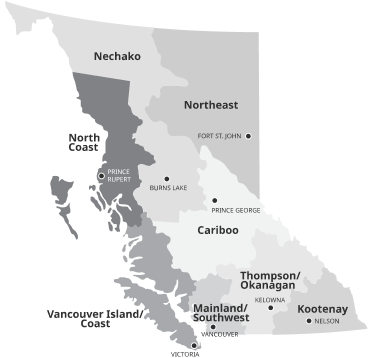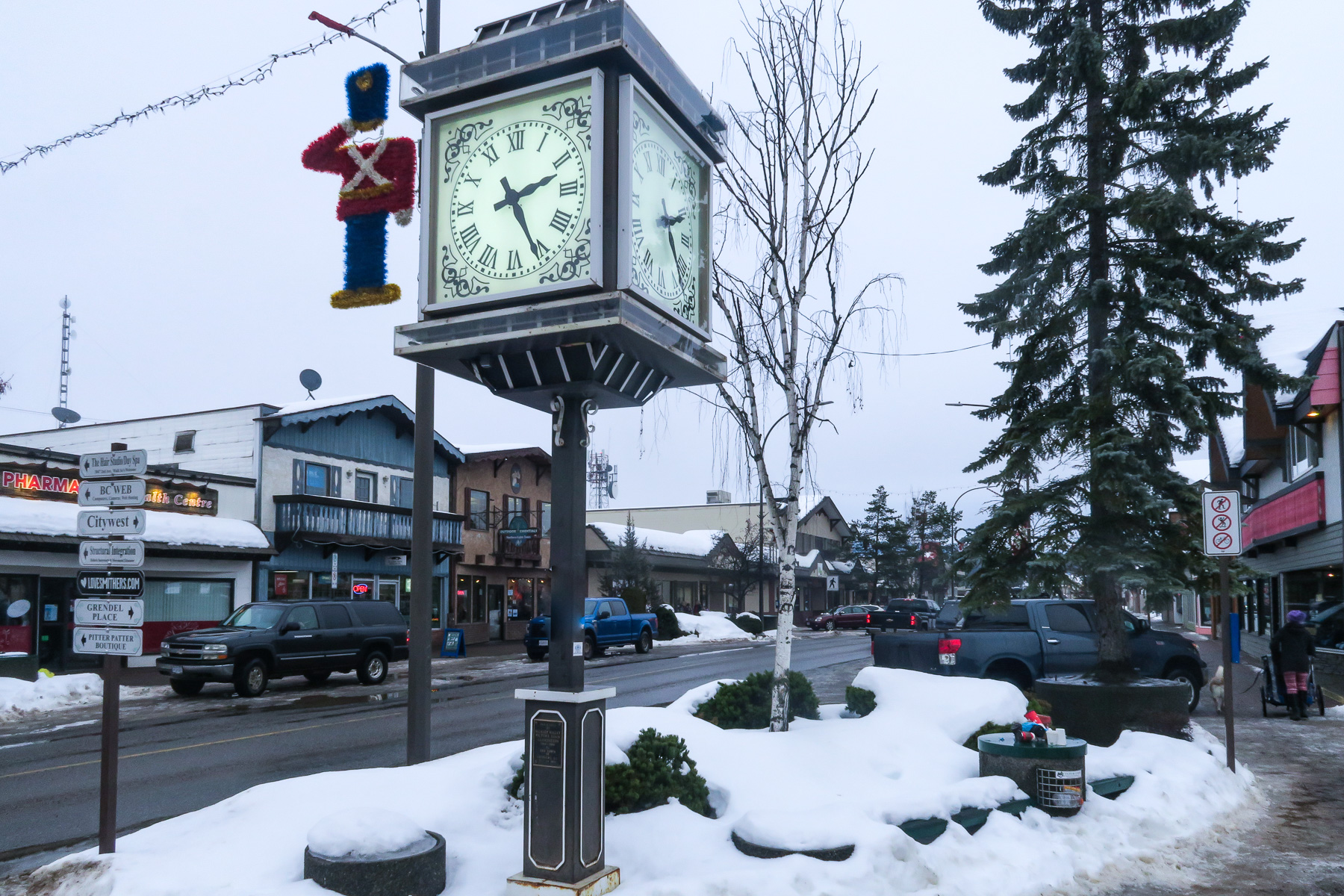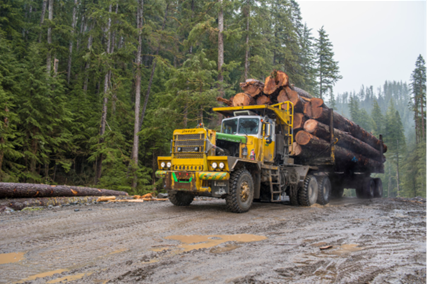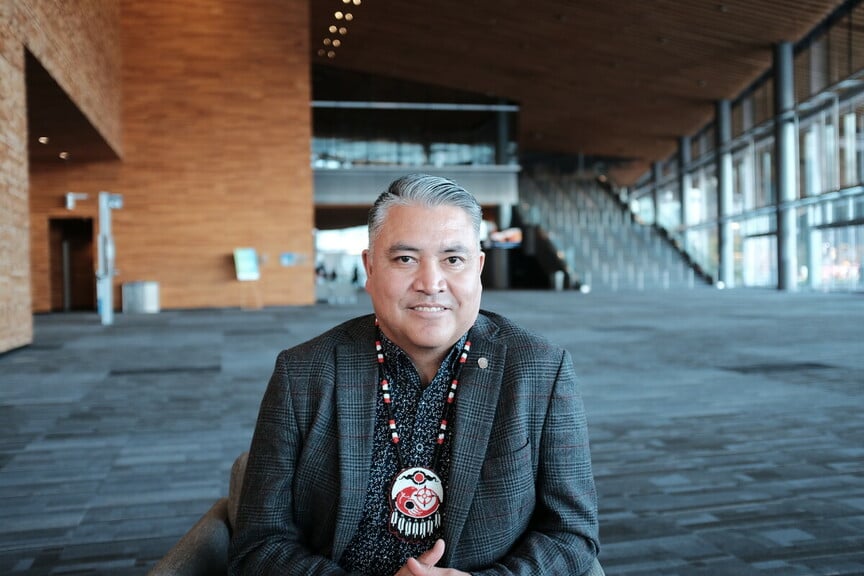Indigenous Peoples in British Columbia
There are three distinct groups of Indigenous People in Canada: First Nations, Métis and Inuit. There are over 290,000 Indigenous Peoples in B.C. and more than 200 First Nations who have distinct histories, cultures, languages, and deep connections to their traditional lands, each with their own unique traditions and history. Indigenous Peoples are respected leaders in B.C.’s economy and are creating new business and investment opportunities across the province.

Partnering with First Nations
The inclusion of First Nations as respected partners early in business processes creates the conditions for mutually beneficial partnerships. Many leading companies investing in B.C. have introduced successful business models based on collaborative, trusting relationships with First Nations and, as a result, are realizing improved investment and business certainty.
Businesses are encouraged to include First Nations as early as possible in the planning stages of projects to build relationships and to share information. Early engagement promotes trust and reciprocity by allowing an open dialogue about opportunities and concerns. An open dialogue better positions businesses to address any concerns early on in their planning process and lead to economic partnership opportunities that deliver meaningful benefits to Indigenous communities while creating confidence for all business partners.
We can help facilitate relationships and help you discover the benefits of partnering with First Nations. Connect with us to learn more.

Working Together
There are many examples of First Nations and businesses working in partnership all throughout B.C. But how do those partnerships develop? What steps were taken to build a foundation of success? In this video, we hear from First Nations and business leaders about some of the keys to partnership development, including communication, consultation and consensus-building.
The Declaration on the Right of Indigenous Peoples Act
The United Nations Declaration on the Rights of Indigenous Peoples Act (UN Declaration) supports collaborative opportunities and enables successful economic partnerships with First Nations.
The Province introduced the Declaration on the Rights of Indigenous Peoples Act (Declaration Act) in November of 2019, making B.C. the first province in Canada and one of the first jurisdictions in the world to pass such a law. The Declaration Act, establishes the UN Declaration as the Province’s framework for reconciliation by recognizing the title and inherent rights of Indigenous Peoples in B.C.
In consultation and cooperation with Indigenous Peoples, the Declaration Act mandates B.C. to align its laws with the UN Declaration, to develop and implement actions meeting the objectives of the UN Declaration and to report on its progress annually. The Act also provides flexibility for B.C. to enter agreements with Indigenous Governing Bodies and to exercise statutory decision-making authority together. The Declaration Act creates a pathway for reconciliation and provides a clear, transparent process for how the Province and Indigenous Peoples work together to the benefit of all.
Economic Development
The Province of B.C. is committed to fostering an inclusive business landscape that improves the participation of Indigenous Peoples in the economy. The province partners with First Nations and community organizations on a variety of programs and services that seek to facilitate the advancement of economic development and business opportunities.
First Nations Business Development Association

The First Nations Business Development Association (FNBDA) is dedicated to supporting economic self-sufficiency and growth for First Nation Development Corporations. It’s mission is to promote sustainable economic opportunities and prosperity for First Nations communities, making it an essential partner for investors looking to support Indigenous-led economic development in Canada.
First Nations Centre of Excellence for Economic Development
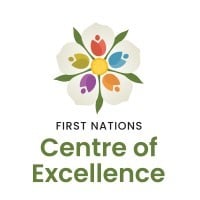
The First Nations Centre of Excellence for Economic Development champions economic prosperity and self-determination for First Nations communities across British Columbia. Its mission is rooted in advancing economic equity, ensuring that First Nations communities can thrive on a level playing field.
Related Stories
Take the Next Step
First Nations should be engaged as early as possible in the planning stages of land and resource-based projects or investment opportunities. We can help facilitate relationships and help you discover the benefits of partnering with First Nations. Connect with us to learn more.


